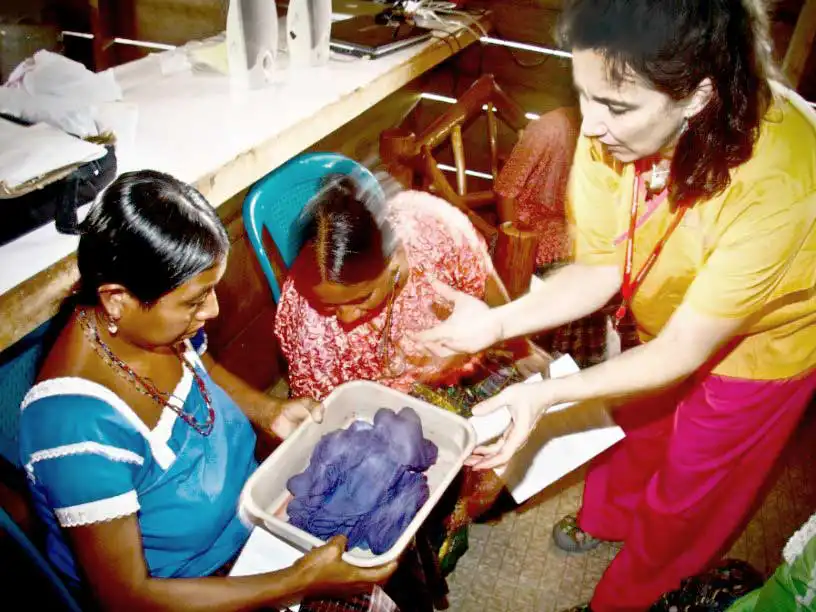
Kimberly Garcia teaching midwives in Sarstún.
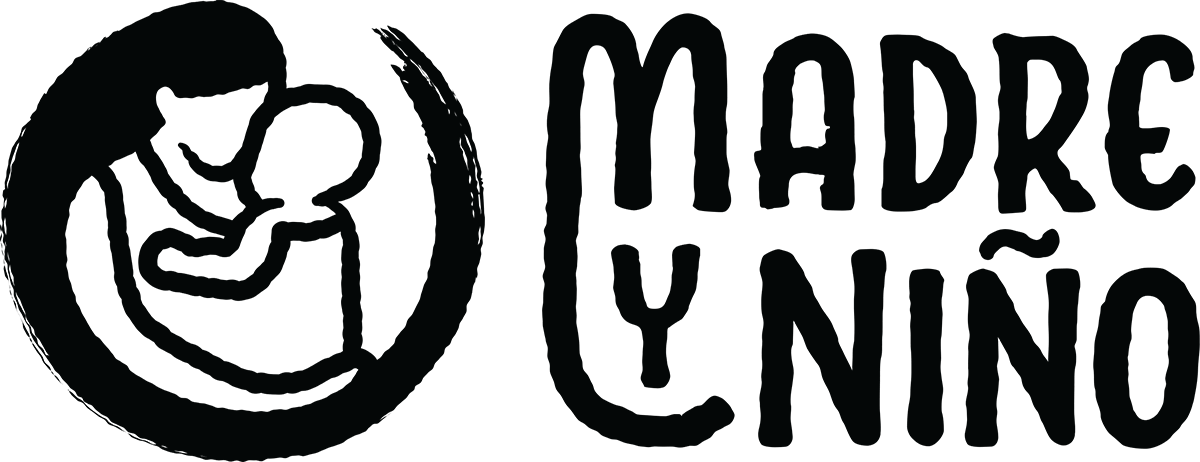
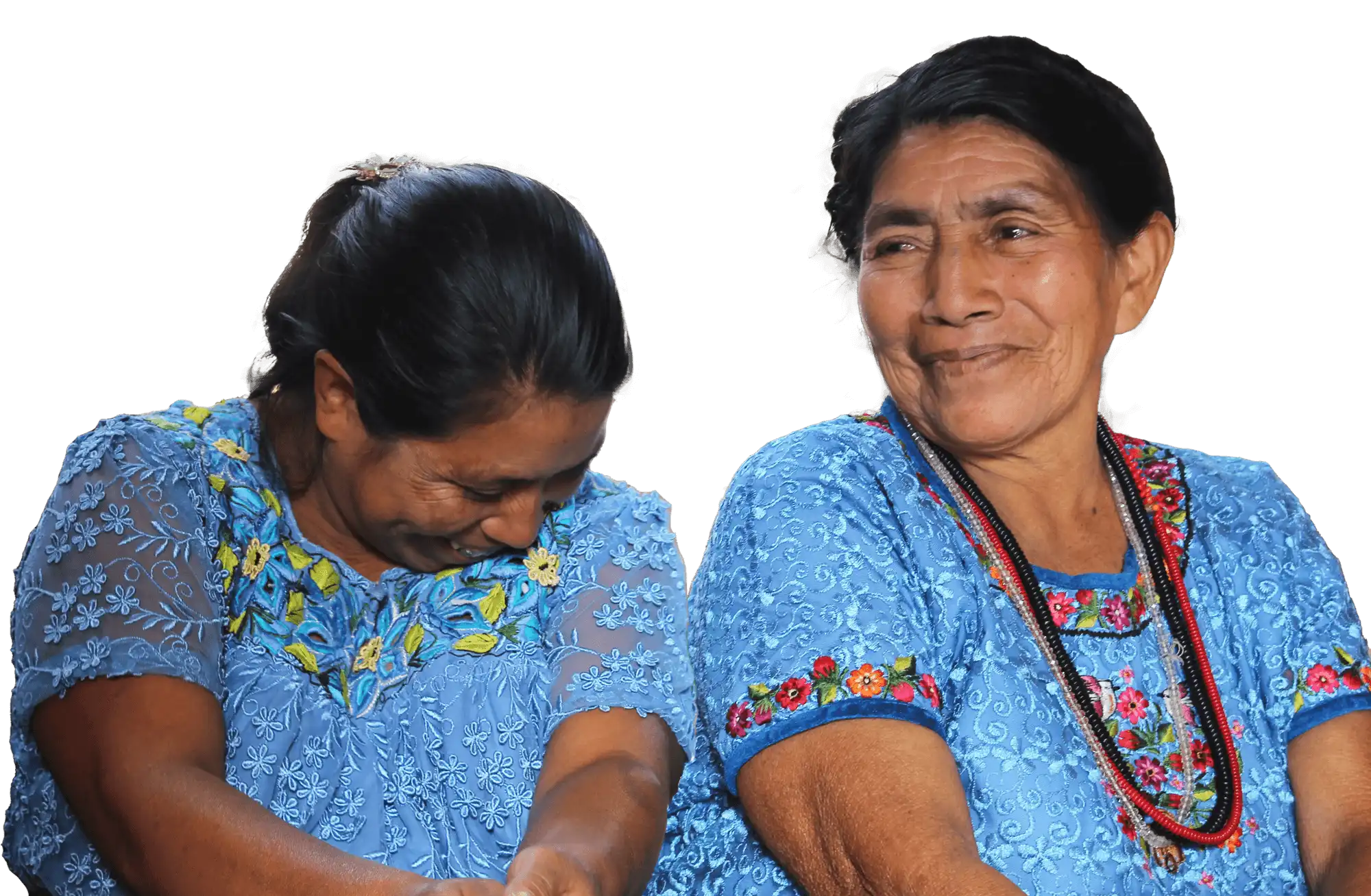
We are excited to announce an upcoming medical mission trip to Guatemala and are actively seeking dedicated volunteers to join our team! This mission offers a unique opportunity to provide essential medical care, support, and education to communities in need.
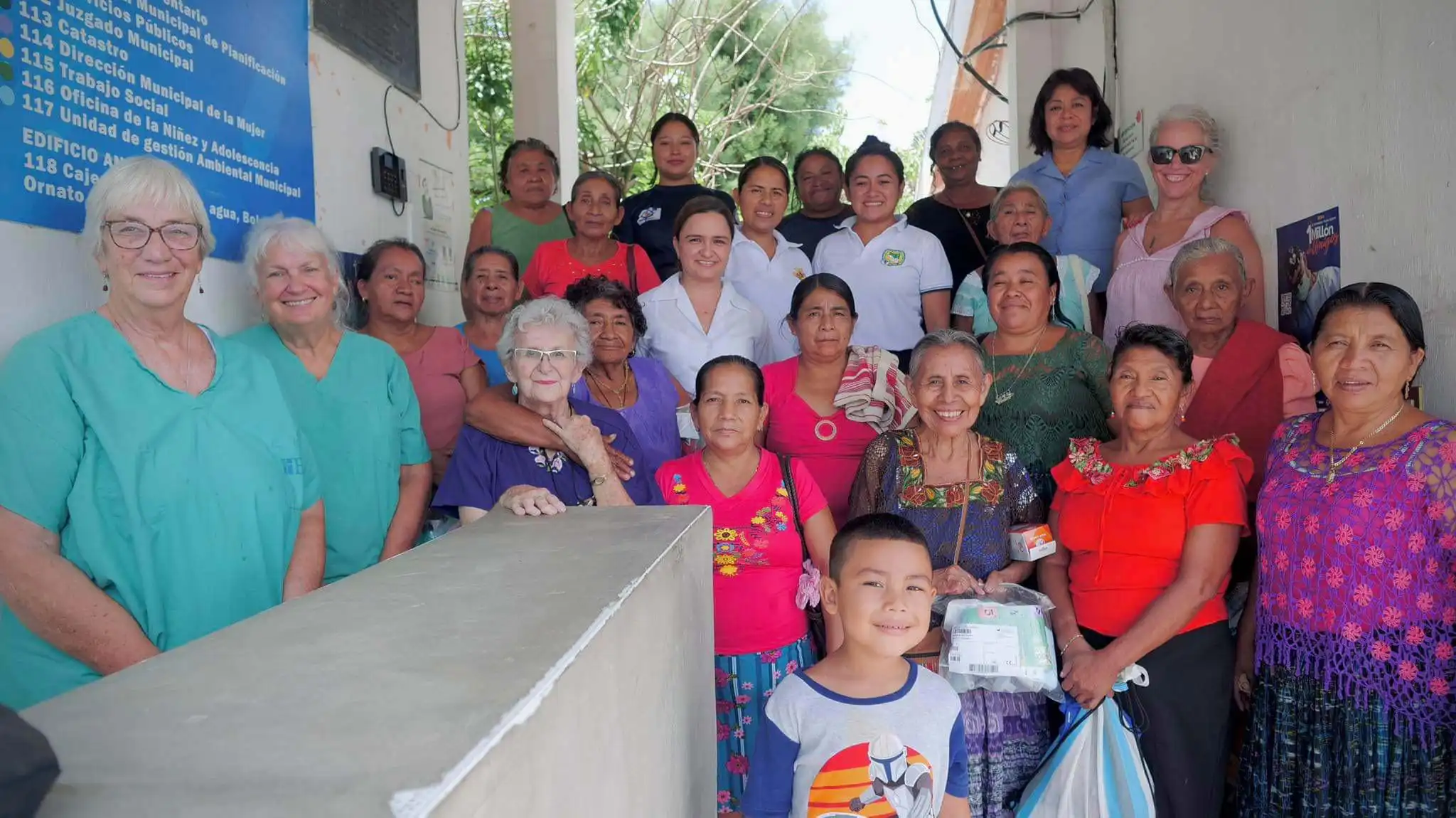
The seeds of Madre y Niño were planted in 2008, when Kimberly Garcia, an associate professor in the University of Utah's College of Nursing, contacted midwives in one of the most remote areas of Guatemala—Sarstún, a place accessible only by boat.
In Sarstún, Kimberly met with midwives from surrounding villages and taught them ways to prevent bleeding after delivering a baby. Kimberly saw how much more work was needed to ensure the health and safety of mothers and children in the region.

In 2016, the Rotary Club of Longview, Texas, obtained a grant to reduce the deaths of mothers and children in the Petén. With those funds, Rotary was able to purchase much-needed equipment for the National Hospital.
As part of that grant to reduce deaths of mothers and babies, Kimberly Garcia and nurse practitioner Deborah Bell traveled throughout the region, teaching midwives how to recognize emergencies during the birth process and to determine when more help was needed than the midwife could provide. These efforts reached nearly 200 lay midwives from more than 30 villages.
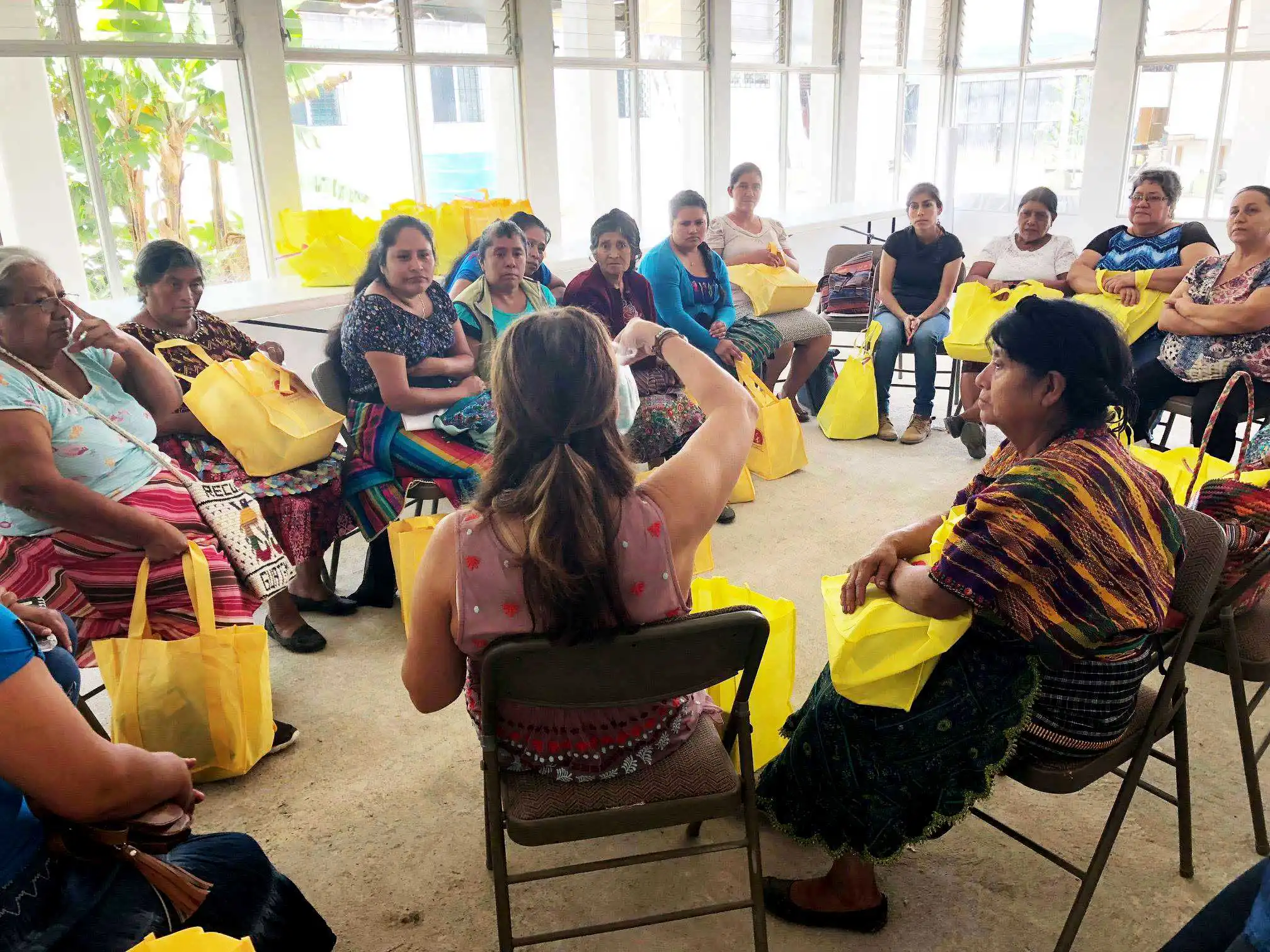
From the midwives, Kimberly and Deborah quickly learned what obstacles the midwives faced in providing needed care during pregnancy and childbirth.
Madre y Niño was established to address these pressing needs—providing essential supplies and continuing education for midwives in the most remote regions of Guatemala.
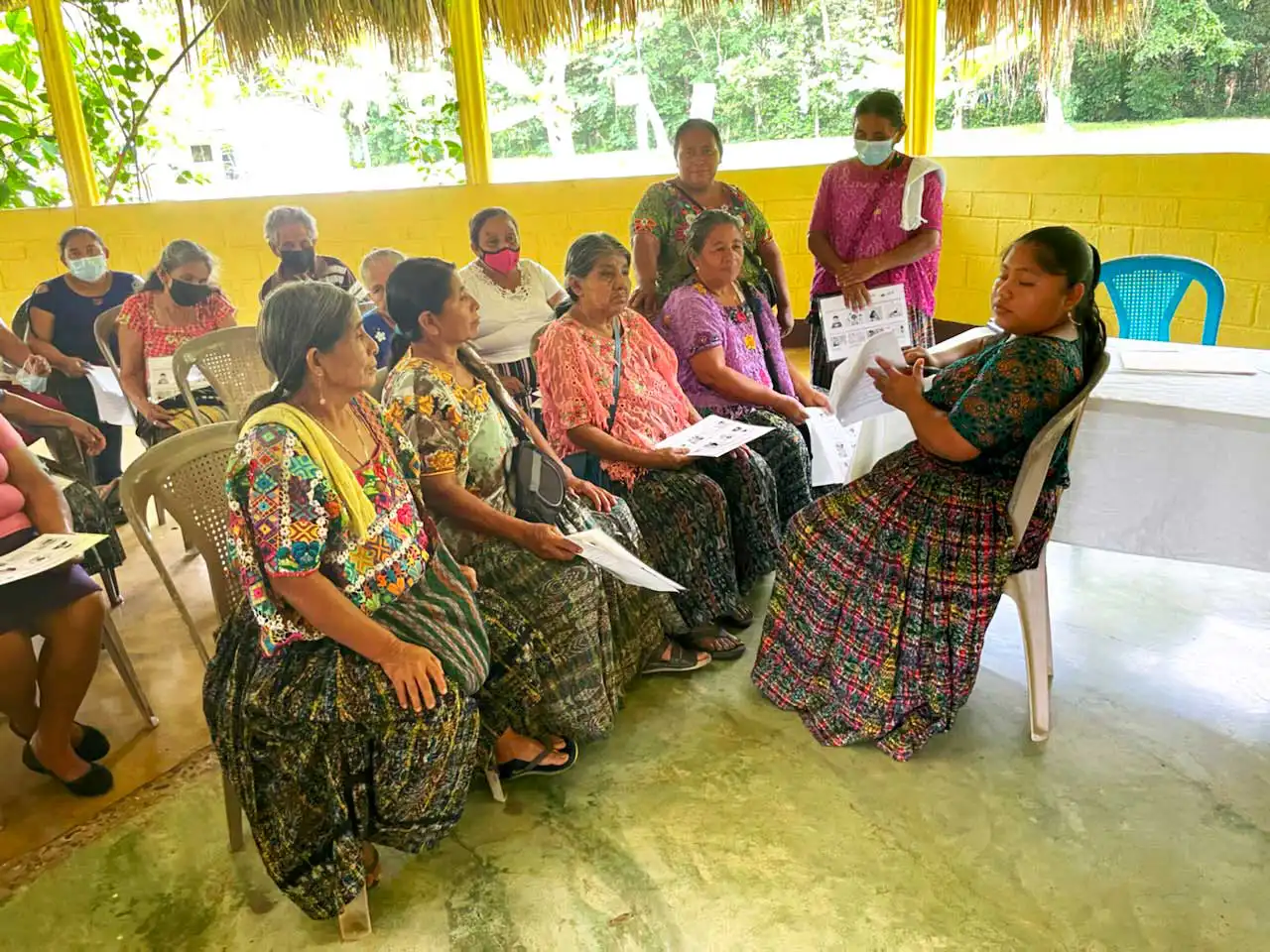
One of the midwives that Kimberly met with said, “We need so much. Sometimes the little we have we make do with; we are stuck only with what we have, for lack of training, for lack of equipment, for lack of instructions. We are left paralyzed.”
One of Madre y Niño’s goals is to provide essential birthing supplies for midwives who provide care in remote villages.
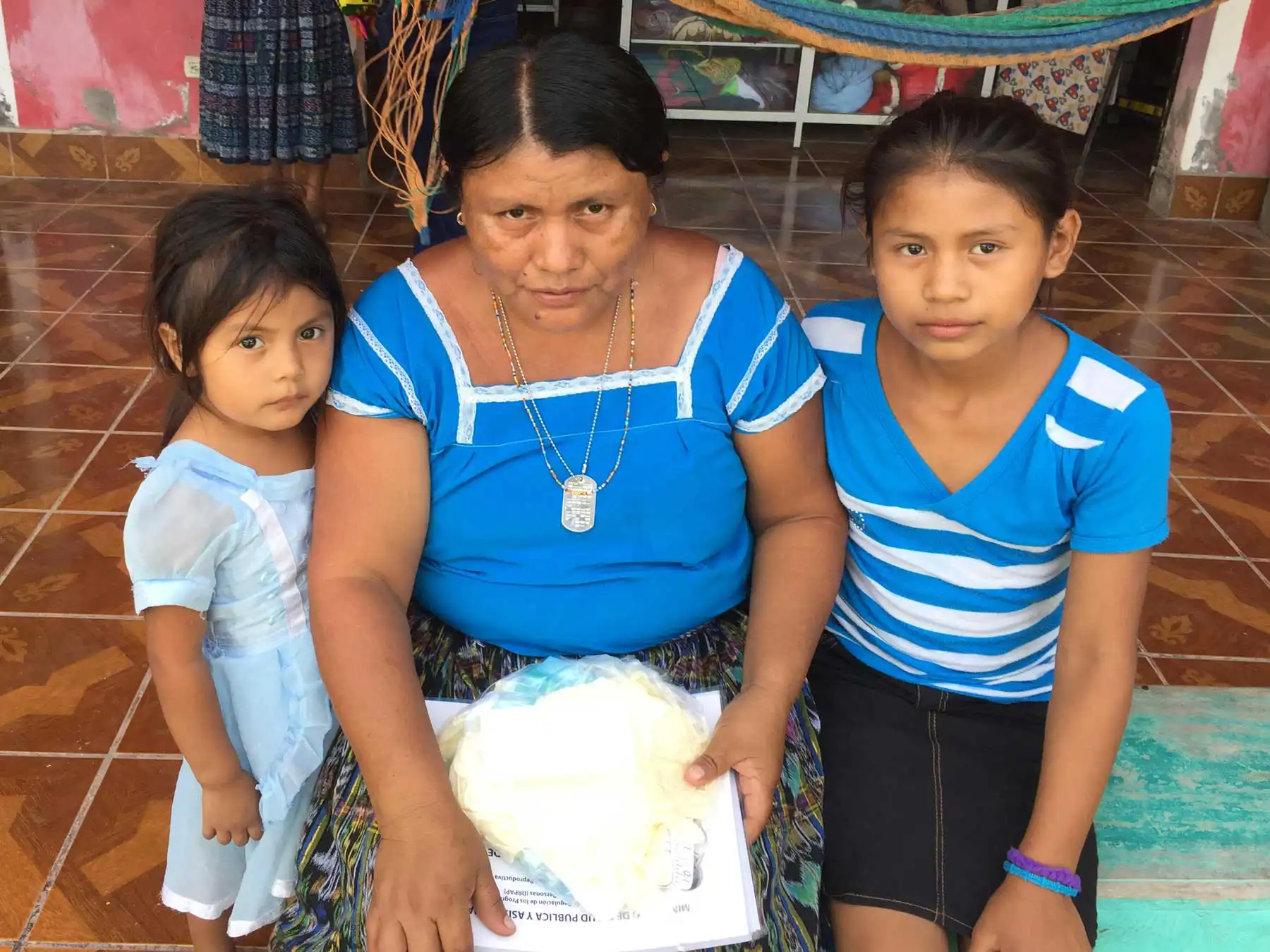
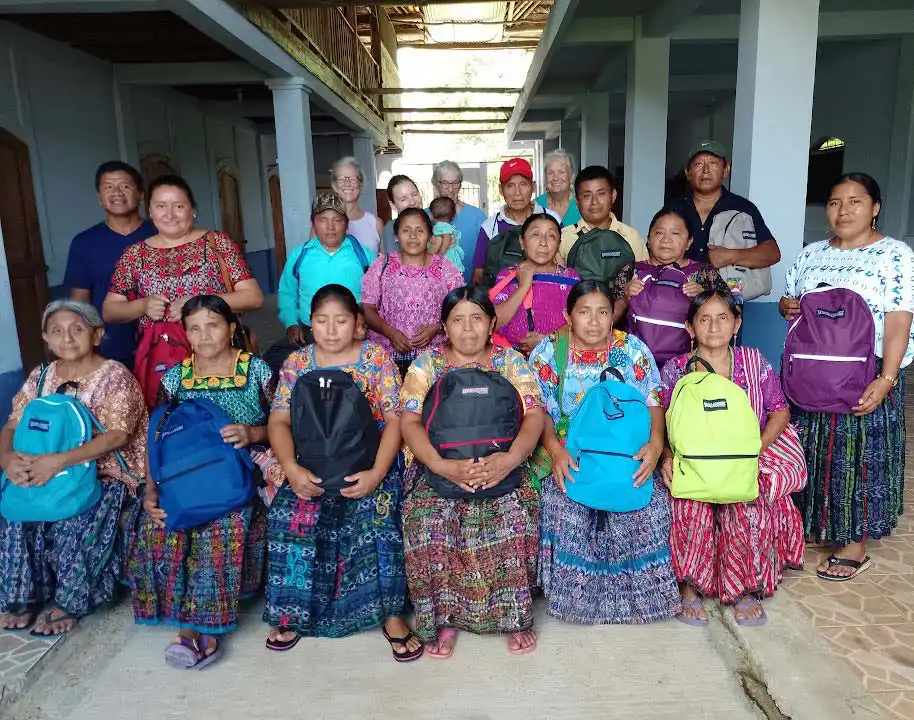
We provide midwives with a backpack filled with supplies—simple, low-cost items like scissors, umbilical cord clamps, gloves, disinfectant, tape measures, scales to weigh newborn babies, flashlights, raincoats, and stethoscopes.
These simple tools help midwives save lives. You can provide one fully equipped backpack for only $160.
Local midwives made it clear that continued training was critical to help them prevent some of the leading causes of maternal death in Guatemala. Madre y Niño continues to educate lay midwives about issues such as postpartum hemorrhage, infections after childbirth, complications during delivery, and preeclampsia.
In August 2021, Madre y Niño traveled throughout the northern part of Guatemala, teaching more than 200 midwives about COVID-19.
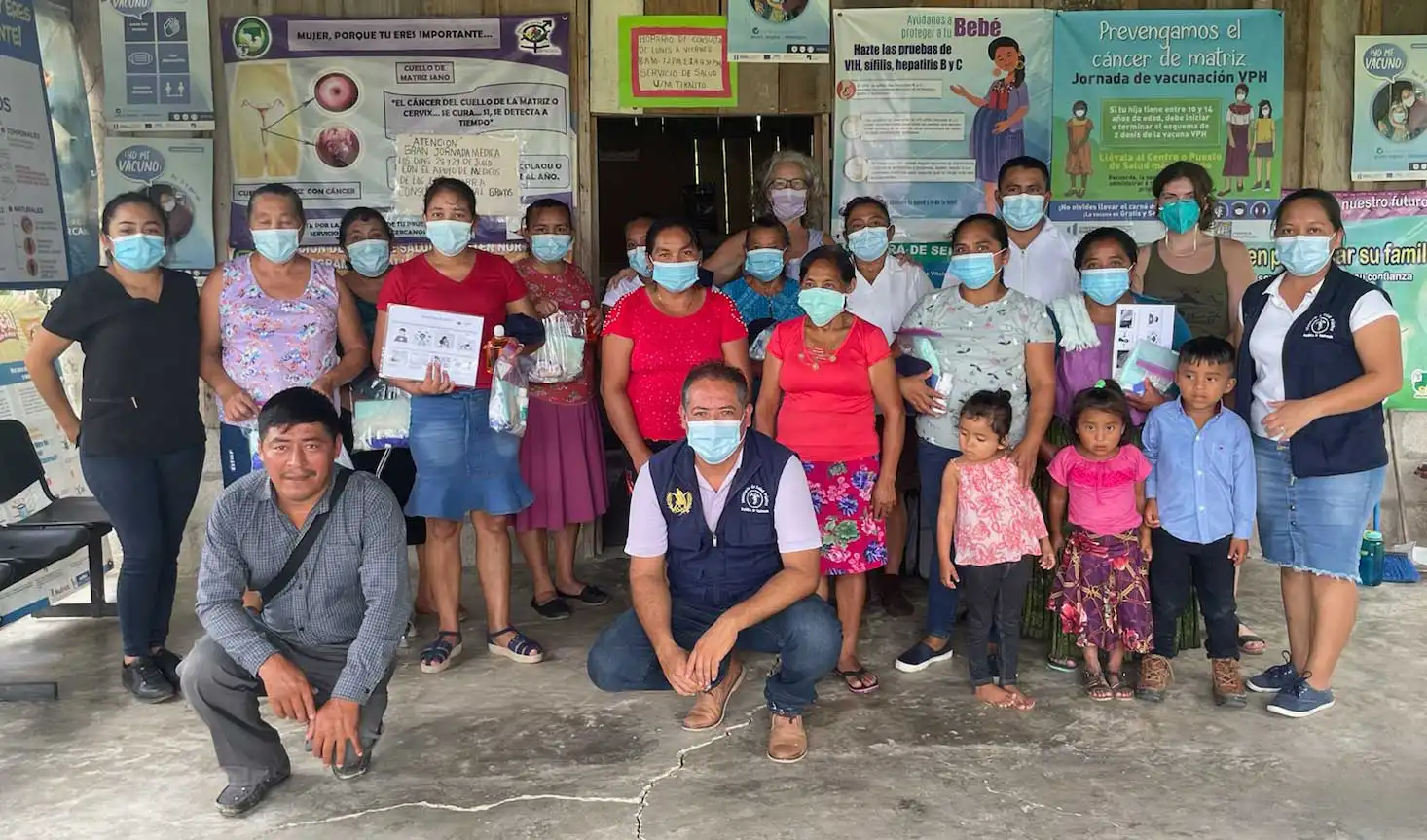
In remote areas like the Petén, a hospital can be more than eight hours away—making emergency care for complications before or during delivery extremely difficult.
Madre y Niño seeks to fund ambulance services in remote areas to reduce the time spent in transit when emergencies arise.
We will also provide resources to address pregnancy-related emergencies closer to the remote regions of Guatemala.
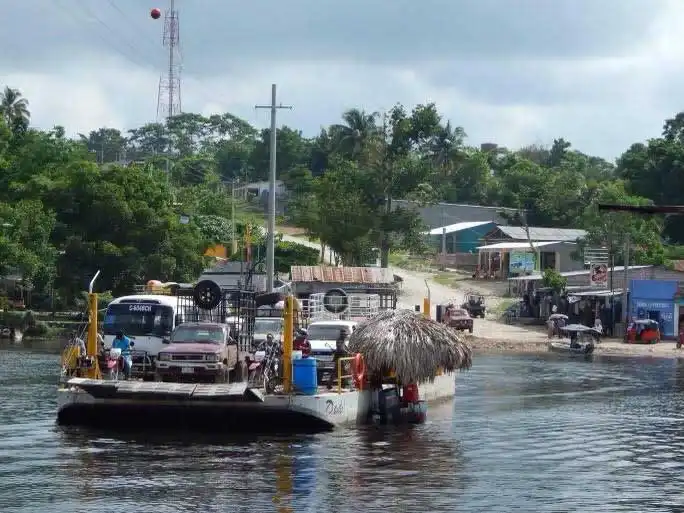
Women living in one of the 37 villages in the far northwestern part of Guatemala must travel 6 to 8 hours to receive health care in an emergency. Most lack the funds needed to travel and must cross a river just to arrive at a road that would make transport possible—but without the funds to pay for their passage to the national hospital, crossing the river is futile.
Poverty is one of the greatest hurdles we face. 49% of Guatemalans live in poverty, earning less than $5.50 a day.
Closely linked to poverty and poor pregnancy outcomes is malnutrition. While access to adequate calories and protein is key, prenatal vitamins are also important for the mothers and their babies.
Madre y Niño seeks to find ways to address protein and calorie needs during pregnancy and provide prenatal vitamins to women of childbearing age.
About 41% of adolescent girls in Guatemala have either given birth or are pregnant with their first child by the age of 19.
The high prevalence of adolescent pregnancy has serious consequences. Adolescent girls are more likely to be malnourished and have low-birth-weight babies. The infants of these young mothers are in turn more likely to become malnourished and be at increased risk of illness and death than those born to older mothers.
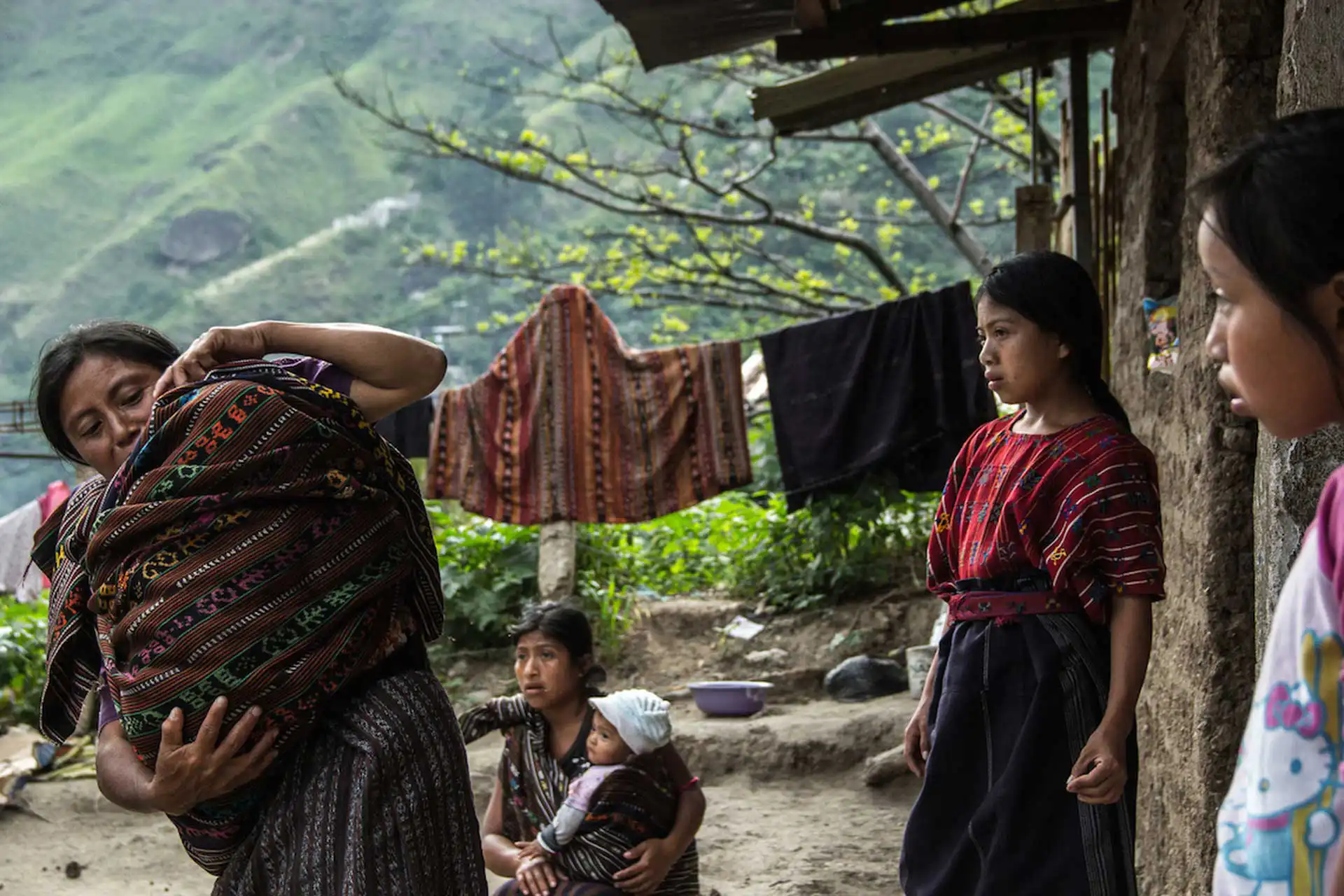
Cervical cancer remains a leading cause of death in women in Guatemala. More than 95% of cervical cancer cases are caused by the human papillomavirus (HPV), and early screening for HPV allows women to be treated even before symptoms occur.
Madre y Niño seeks to partner with the Guatemalan Ministry of Health to implement cervical cancer screening, beginning with screening for high-risk HPV. Malia Knight and Madre y Niño have already donated 200 HPV screening tests to Dr. Palma, a gynecologist at the National Hospital in the Petén. Dr. Palma would like to screen 5,000 women a year.
You can provide a screening test for cervical cancer in Guatemala for just $6.
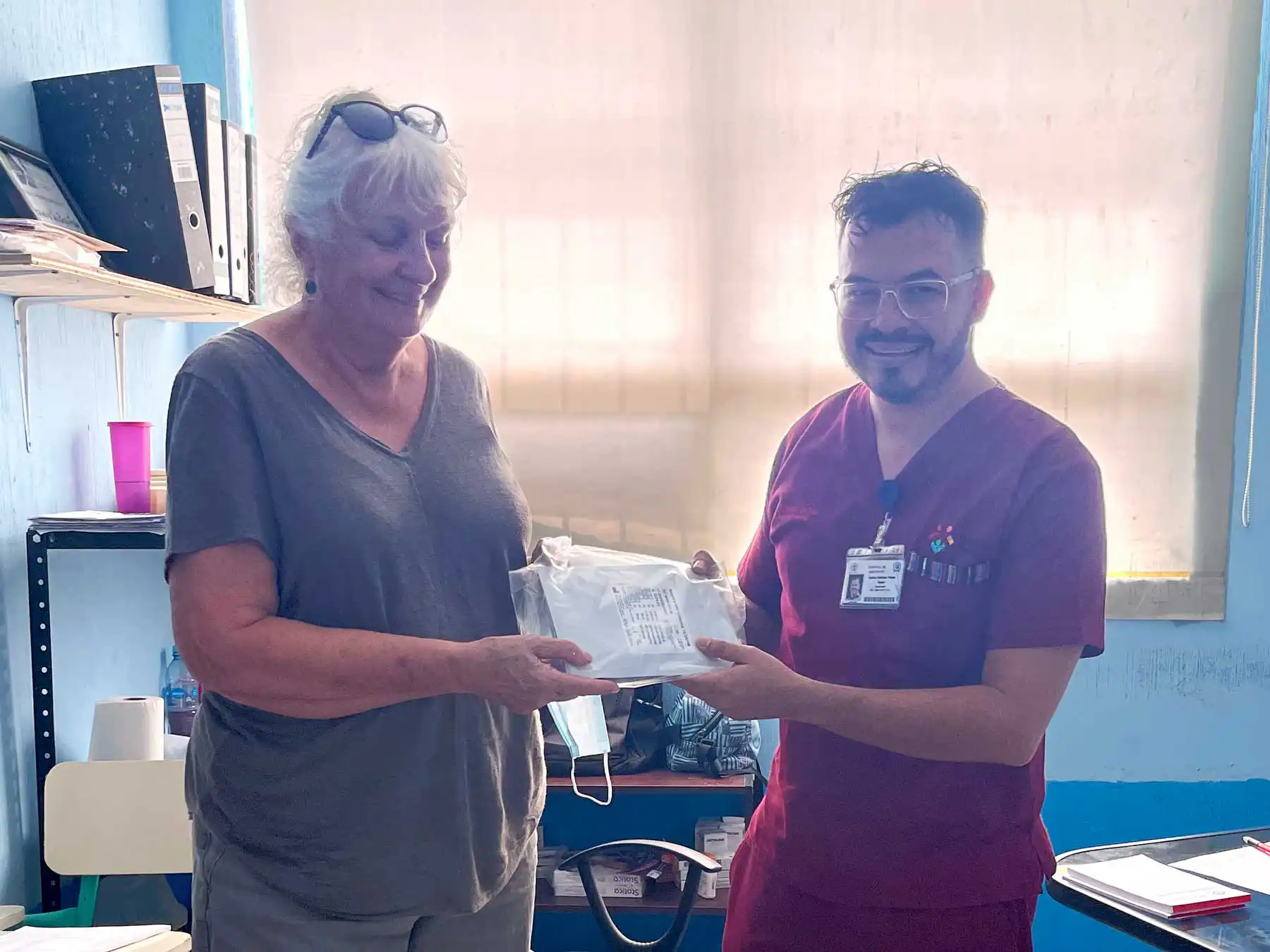
More than 6 million people in Guatemala—about 35% of the population—lack access to basic health care.
Guatemala's constitution mandates that the government provide health services to all citizens, but the government does not have the ability to fully fund its healthcare system.
Even where healthcare services are available, they are often suboptimal. Many Guatemalans face practical, economic, linguistic, and cultural barriers to care.
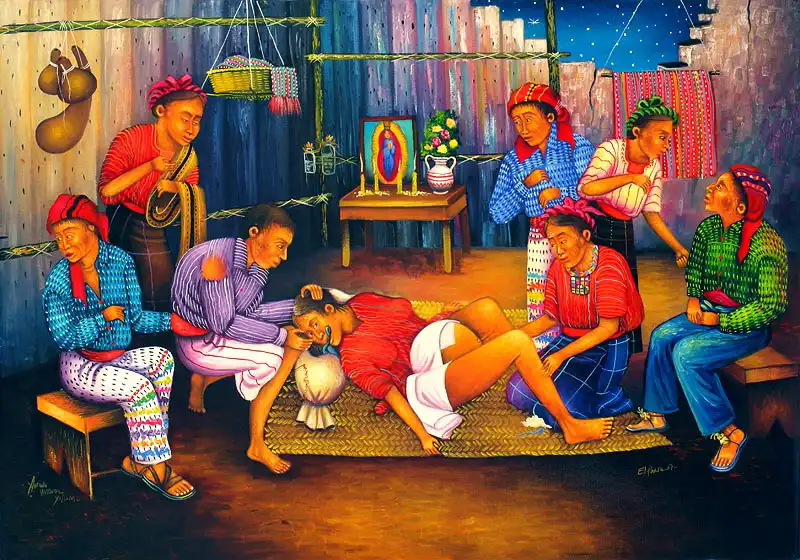
Paintings by Antonio Vasquez Yojcom. Used with permission of the artist.
This will close in 0 seconds
This will close in 0 seconds